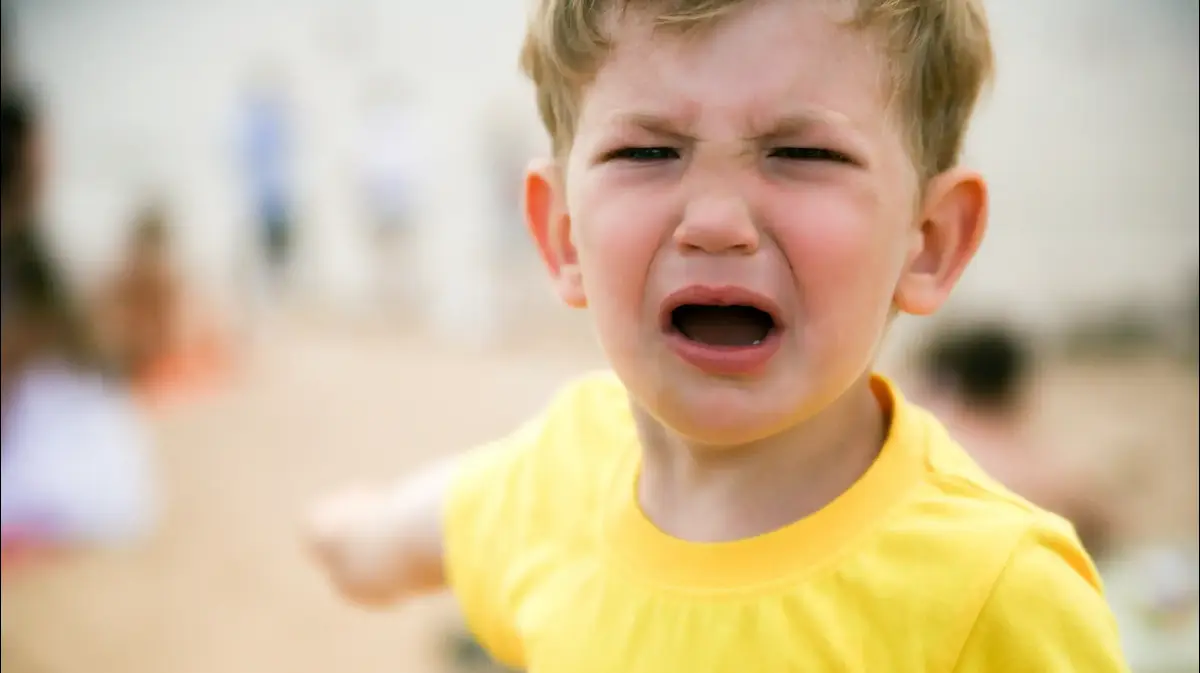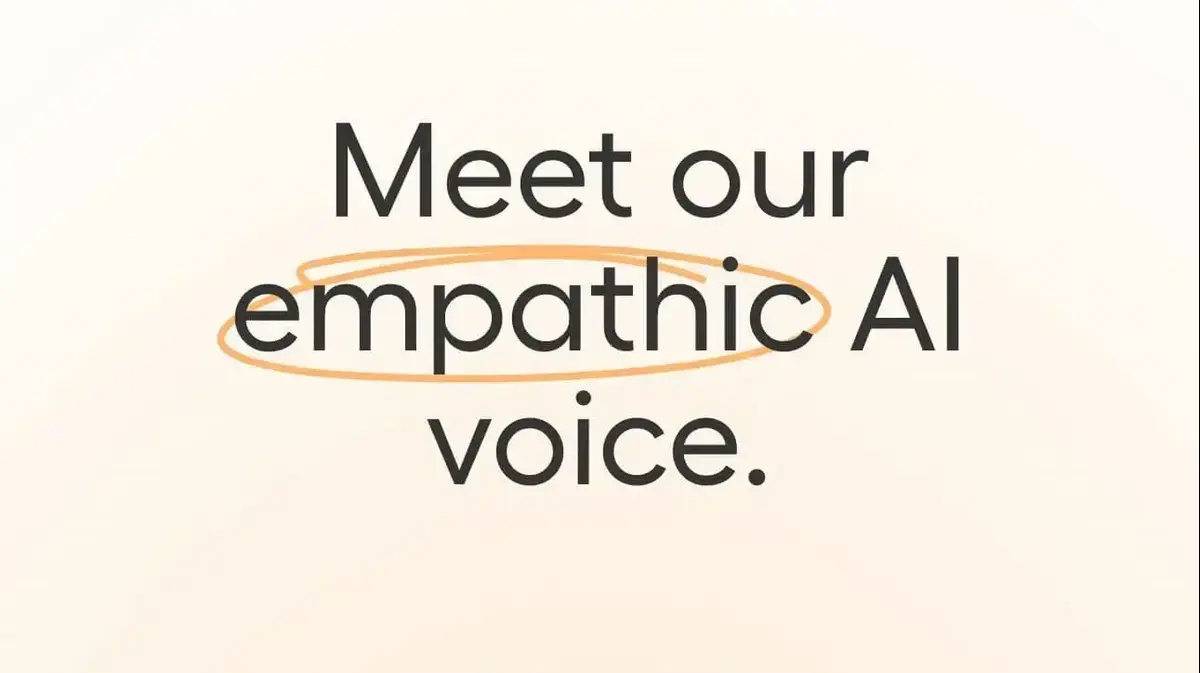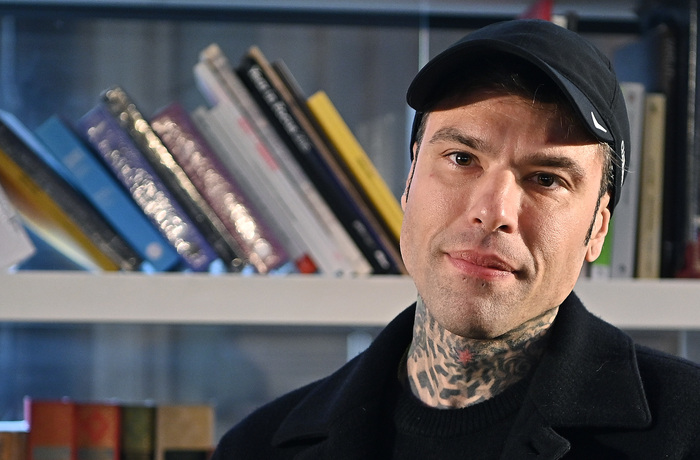health
parenthood
Empathic failure: It sounds awful, but your kids have to experience it
The places where you do not immediately respond to your children's needs and let them deal with life are exactly the places where their personality takes shape.
Mom Helicopter shares tips that helped her release
Tags
parenthood
parents
parents and children
Sharon Randlich
Tuesday, 27 July 2021, 07:13 Updated: 07:41
Share on Facebook
Share on WhatsApp
Share on general
Share on general
Share on Twitter
Share on Email
0 comments
As a mother of three children, helicopter parenting is a term that is very close to my heart.
Over the years I have felt the need at any given moment to take care of my children, to see that everything is fine, to intervene when necessary, to try and create for them a life without difficulties and conflicts, ones that do not really exist.
All the statements about "kids having to deal" and that it's "part of their way of learning how to deal with life later on" didn't really work for me.
I understood the rationale, but emotionally my need to protect them, surprisingly, only grew over the years.
As they grew and life became more complicated, so did my need to try and save them.
Apparently it's true what they say: "Little kids, little troubles. Big kids, big troubles."
More on Walla!
Toxic parenting: 4 things you need to stop doing to your children
To the full article
As the children grew and life became more complicated, so did my need to try and save them.
Illustration of protective parents (Photo: ShutterStock)
And to your question: No, it's unhealthy.
Neither them nor us.
They need their independence, their freedom, to err on their own.
And we also need to know how to release them, not make them dependent on us and us dependent on them.
I can not tell you that today I am a liberating mother, absolutely not.
But I'm working on it, and it's not easy for me at all.
So why really let kids deal with life?
- Because we will not always be there, because they need to know how to contain frustration, because it is important that they have the ability to overcome disappointments and move on.
What is an empathic failure?
The psychoanalyst Heinz Kohut coined the term empathy in the last century.
He talked about it in the context of the relationship between the baby and the mother.
The mother should be able to read the baby's emotional needs and address them.
Together with the term empathy, Kohut created the corresponding and no less important term, empathic failure.
After the first months of life the baby should also experience empathic failures, i.e. situations in which the mother does not immediately respond to his emotional and physical needs, and he accordingly develops an ability to contain frustration, anger and disappointment.
Whenever the infant or child initially experiences empathic failure, he or she experiences a developmental leap.
The developmental leap is exactly where his personality takes shape.
A personality that does not "throw itself on the floor" whenever things do not work out.
Sometimes our job is to empathize with them, so that they will learn to get along.
Child and mother (Photo: ShutterStock)
Part of our job as parents is sometimes to fail empathetically in front of our children, meaning not to respond to their needs in the here and now and let them feel for a moment that they are capable on their own.
Only in this way will our child develop mental resilience.
More on Walla!
This can help your children sleep better and for longer
6 harmful sentences you say to your children every day
Loan at a cheaper interest rate than the bank: Get a loan of up to NIS 100,000 for any purpose
How do you move from parenting a helicopter to parenting that enables growth?
Do not be there at any given moment for your child.
Allow yourself to fail "empathic failure".
And when your child expresses frustration about it, do not deal with resolving the frustration experience for him.
On the contrary, they said, "It's really frustrating, but you can handle it."
Trust your children that they are capable of more than you think.
They are stronger, smarter, and if we allow them, they will be able to cope with what life demands of them.
There is a difference between checking what is going on with our child and taking an interest in his life, and managing them.
Take an interest in your children, but try not to give them a solution to every question, explain to them what is right and what is not in their lives and speak on their behalf with friends, teachers, other parents.
Your children do not really have to be your whole world - they are a big part of your life, but you also have to have a full life that includes a sense of self-fulfillment and development.
And last but not least, (from one who repeatedly fails to try to let go) - let go, let them grow, grow, go.
Only in this way will they build for themselves a productive and good life of their own.
Sharon Randlich is a psychotherapist, family and youth coach at Goma Gevim - a personal training and mediation center
Share on Facebook
Share on WhatsApp
Share on general
Share on general
Share on Twitter
Share on Email
0 comments









